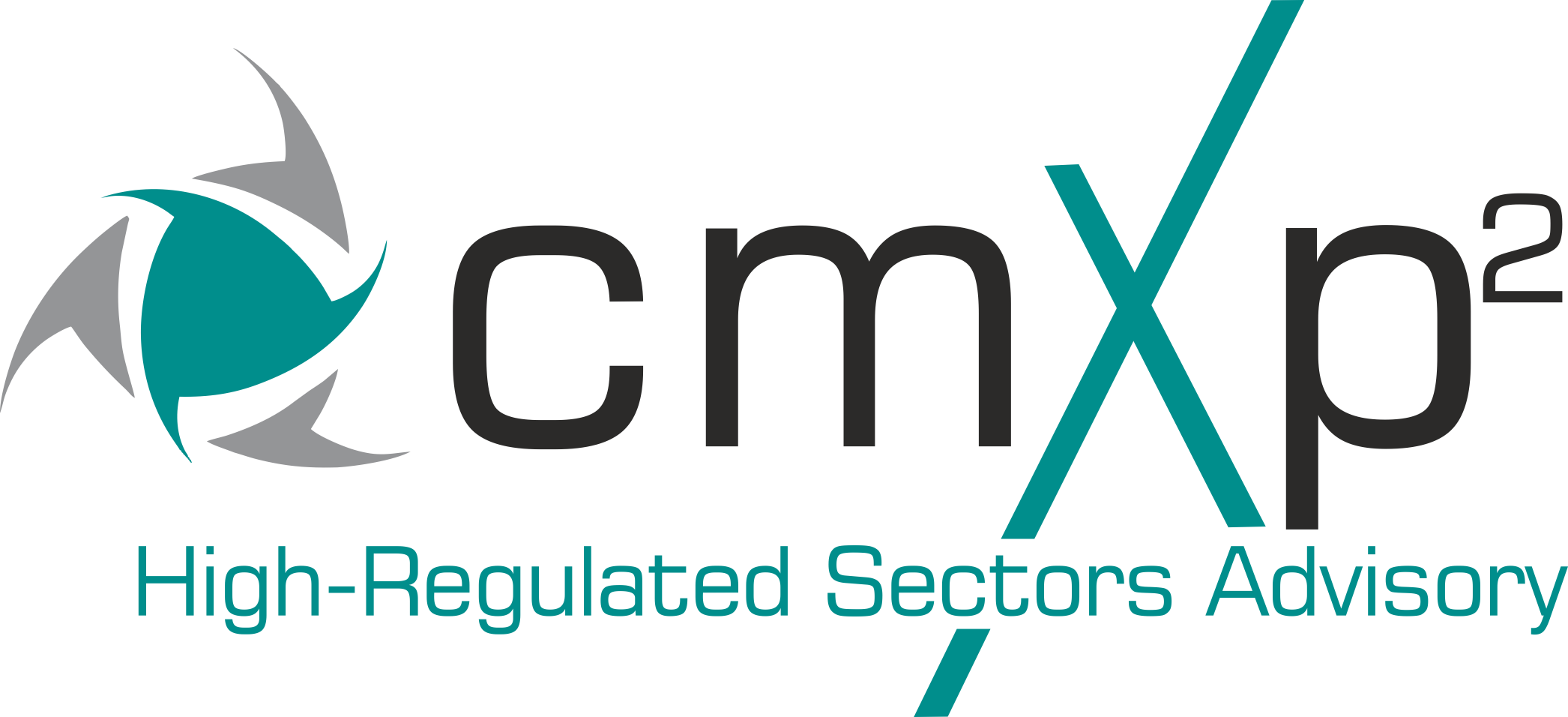The Marketing of Sustainability: Strategic Considerations for Banks & FIs Across Southeast Asia
__________________________________________________________________________________________________
Abstract
Over the past six years, global players across investment banking & markets, corporate & institutional services, fund and asset management sectors have become savvy at utilizing its sustainability credentials as a competitive business edge. Wall Street and European players now incorporate their sustainability credentials and ESG risk-management frameworks into their overall business, talent acquisition, marketing, brand building and investor relations engagement.
Across most of Southeast Asia (SEA) and Asia, most local and regional players tend to focus their sustainability effort on annual reporting requirements. Here, banks/FI sustainability pledges and reporting are often unchecked due to the absence of major shareholder activism and ‘hard’ targets set by the regulators. Most players here have yet to consider sustainability as a competitive business and marketing advantage.
This article explores why SEA and Asia banks/FIs should embark on marketing their sustainability credentials. We also explore general ‘how to’ parameters and potential pitfalls for undertaking it incorrectly.
___________________________________________________________________________________________________________
Sustainability: The Role of Banks & Financial Institutions (FIs)
Since 2018, global players across global markets, corporate & institutional services, fund and asset management sectors have been at the forefront of providing sustainable green, sustainable and social (GSS) financial products and advisory services to help corporates, institutions and governments make the transition towards decarbonizing. The need to decarbonize requires unprecedented levels of capital – with a current funding gap of USD16 trillion, the UN and World Bank estimate that an additional USD1.5 trillion of global investment is required per year until 2030 to help achieve its climate goals. For these global players, sustainability is a key priority as they align their present strategy to the UN’s 2030 Agenda, its Sustainable Development Goals, and the UN Principles of Responsible Banking and Global Compact principles. In the European Union (EU), the European Green Deal holds banks and financial institutions accountable for considering sustainability in their policies and strategies.
Across Southeast Asia (SEA), the Asian Development Bank estimates a required annual investment of US$210 billion per year through 2030 for climate infrastructure investment. Much of the required investment stems from the cost of transitioning away from carbon-intensive industries towards investing in renewable or more efficient energy. The effects of climate change are clearly visible with SEA facing significant effects from rising temperatures, rising sea-levels and more frequent floodings, threatening major cities such as Bangkok, Jakarta and Manila. The relocation of Indonesia’s capital signifies the seriousness and immediacy of the threat.
To ensure regional and national banks/FIs step-up to provide green financial solutions whilst reducing funding of carbon-intensive and fossil fuel projects, several central banks in the region have set varying ‘soft’ targets for its banks – banks/FIs are encouraged to support their clients’ transitioning towards more sustainable agendas and reductions towards net-zero targets. The regional and national players will only commit to offering GSS financial solutions that are ‘bankable’ which creates value for its corporate and institutional clients. However, there is a growing ‘bankable’ trend – according to PwC, asset managers globally are expected to increase their ESG-related assets under management (AuM) to US$33.9tn by 2026, from US$18.4tn in 2021. With a projected compound annual growth rate (CAGR) of 12.9%, PwC projects ESG assets will constitute 21.5% of total global AuM in less than 5 years. The report also cited that the Asia-Pacific (APAC) has the fastest percentage growth in ESG AuM, with this expected to more than triple, reaching $3.3tn in 2026.
To drive GSS financing, funding and investment decisions, the more established banks/FIs utilize ESG risk mitigation frameworks to evaluate opportunities and allocations. They also try to foster understanding of sustainability issues to help clients align financial choices with sustainability objectives, especially for clients who are in high-emissions sectors. Banks/FIs often undertake sustainability education and thought-leadership engagement programs through its client marketing and engagement platforms, which is essential as corporates and institutions face increasing pressure to report and scale down their respective Scope 1, 2 and 3 emissions.
Sustainability: The Unique Position of Banks & FIs
Given this context, Banks/FIs are in a special position, with a heavy responsibility – sitting at the intersection of society, economic policy and banking. The sector players are pivotal towards ensuring national, regional and international financial systems remains resilient against imminent climate risks – mainly by helping bank-roll energy and emissions transition projects. With the right macro and regulatory policies, government support and incentives, banks/FIs here are to provide GSS financial solutions to ultimately alter the current trajectory of climate change. If climate change is unchecked, the potential for disruption of the global economy and financial system is probable, which will ultimately cause massive disruption and harm to society, governments and the financial system.
The Marketing of Sustainability:
Strategic Benefits Await But Get it Right!
Financial services sector players here are mixed about the benefits and appropriate strategy to market and communicate its sustainability credentials. Beyond the mandatory annual reporting of sustainability, most bank leaders do not consider marketing its sustainability competencies – some worry that it may be construed as greenwashing while others feel that there are no distinct benefits to be gained. While the latter is false, the former (i.e. greenwashing) may result due to three primary reasons: (1) false or misleading impact claims by banks/FIs; (2) with the ever-changing guidelines, the bank/FI has failed to keep-up with the latest set of requirements; and (3) the bank/FI has misinterpreted the applicable guidelines, which may be vague.
-
Getting It Wrong – Greenwashing & Impact-washing
With the global move towards sustainability and the pressure to capitalize on its popularity, greenwashing and impact-washing have emerged. Some players have incorrectly, misled or overstated their commitments and integration of environmental and social factors in their investment products and sustainability credentials. European and North American regulators have reacted to formulate stringent guidelines, rules and penalties against such misleading and false claims – with the aim of protecting investors from potentially fraudulent investment products and funds. In January 2024, Morningstar Sustainalytics reported a significant rise in climate-related probes and litigation, including greenwashing claims against banks since 2021. Over the 3 years, major banks and asset managers such as HSBC, BNP and RBC have been challenged with misleading claims. In March 2024, the non-profit activist campaign group, Reclaim Finance cited five mega asset managers in North America and Europe as greenwashing their passive funds. The organization claimed that some 400 passive funds managed by BlackRock, Legal & General Investment Management, Amundi, DWS and UBS Asset Management, all made sustainability claims, yet these five asset managers held at least $227bn in fossil fuel developer assets in 2023, which was held in their passive portfolios. According to the report, 70% of these funds were exposed to companies developing new fossil fuel projects, such as Shell and ExxonMobil, while funds that were invested in bonds were directly financing fossil fuel developers North American banks/FIs are also facing increasing accusations of greenwashing, partly due to enforcement of the SEC’s new disclosure and labelling regulation regarding climate-related claims. As a knee-jerk reaction, many banks and FIs started to ‘greenhush’ their ‘green’ funds – to avoid accusations of greenwashing, the banks/FIs deliberately downplay or conceal their sustainability goals, products and investments. However, this is not recommended due to compliance requirement of transparency, which is essential to ensuring investors are kept abreast of current investments/funds and its compliance with current regulations.
-
Significant Strategic Benefits Beckon, But Get It Right.
For financial services sector players that are ‘authentic’ in the space of sustainability, there are distinct business, marketing and brand reputation advantages to be gained. By ‘authentic’, we mean bank/FIs which offer GSS products, solutions, funds and advisory services that utilize climate-risk decision making frameworks with robust science-based metrics. Such sector players should have a good ‘green’ portfolio, data points to demonstrate that it is helping its clients make the green transition and cite adherence and compliance to meet internationally recognized standards.
The distinct advantages for such players to market its strong sustainability credentials are:
- It helps build corporate reputation & trust with clients and stakeholders
- It helps increase the appeal of the bank/FI’s products/corporate brand to global institutional investors – especially those based in North America, Europe and Middle East. Afterall, the pool of institutional investors there are far larger than in Asia
- It helps define the social-economic role of the bank/FI in the country/region
- It helps facilitate employee acquisition & engagement, especially Gen Y & Z
- It helps promote & distinguish the bank/FI in the Sustainability space (advisory and products)
For bank/FIs – when marketing its sustainability credentials, here are some parameters:
- The bank/FI must always be specific, accurate, thoughtful and transparent. Players should set realistic, science-based decarbonization targets and publicly report on their progress. The bank/FI should also ensure all data is publicly available to support specific sustainability claims. The use of external assurance lends credibility. To be transparent and thoughtful – players should communicate concrete plans, products, allocations and projects to clients and stakeholders with transparency and honesty and be open about assumptions, potential issues and short-falls.
- The bank/FI must define and develop specific messages for different internal and external stakeholders, about the entity’s sustainability strategy, targets and initiatives. This is to ensure all claims and commitments are material to the defined stakeholders.
- The bank/FI should be transparent and declare that it is also transitioning, which means it is also currently focused on meeting existing clients and business objectives, which may include funding/investment commitments with fossil fuel and high-carbon emission sectors, which does not take away its strategy towards higher levels of sustainability over a defined period.
- For marketing GSS products or solutions, banks/FIs need to clearly define its product, and then plainly communicate the investment approach and outlook to clients. To mitigate against greenwashing exposure/risks, the bank/FI needs to emphasize the applicable ESG compliance-risk frameworks, clear science-based metrics, portfolio reporting routines and important disclosures. If benchmarking against other products/funds, the bank/FI should explain the relevance (and differences) of the referenced benchmark. All external pitch materials and marketing communication materials should follow these parameters and steer away from unsubstantiated environmental or social impact claims.
- Lastly, it is imperative that the bank/FI undertakes to build internal sustainability muscle – especially from a compliance, business culture and marketing communications perspective. This is to ensure the corporate brand is safeguarded and that all business and marketing communications is differentiated yet factual. The business, ESG, compliance and marketing communication teams need to work together within a defined process – to develop and approve a compliant marketing, communications, brand and engagement strategy.
Summary
Trust is the desired cornerstone of all reputable financial services brands and the path to building trust lies with the bank/FI building its sustainability competence and credentials. Sustainability is the new measure of brand reputation which is a powerful competitive differentiator for financial services. Once gained, it will undoubtedly attract new business and capital flows and deals, global institutional investors, and talent. The benefits of marketing sustainability far outweigh the negatives, which mostly occurs when sustainability claims are misleading or inaccurate.
When it comes to sustainability, key stakeholders including investors, asset owners, independent financial press and regulators are now used to scrutinizing the validity of investment products’ sustainability claims and labels. This places the ethical responsibility on banks/FIs to ensure the marketing of its sustainability credentials and GSS products are specific, accurate, thoughtful and transparent.
Should your team require any assistance with marketing, positioning, communications, branding issues & crisis, please contact our Global Banking, Markets, Corporate & Institutional Banking team at info@corpmediapl.com
___
About the Author
Dennis Susay is a senior partner at Xp2, co-leading the firm’s counsel across the Global Banking & Markets, Corporate & Institutional Banking, Life Sciences and Corporate Professional Services sectors.
He has more than 25 years of Asia Pacific and international leadership experience – across marketing, brand, communications and BD with the world’s top brands including Bank of America Merrill Lynch, Yahoo!, Nike, Baxter Healthcare, and Johnson & Johnson. In the area of Global Banking & Markets, Corporate & Institutional Banking, Dennis served as the Asia Pacific Head of Marketing for Bank of America Merrill Lynch for 12 years, overseeing the marketing and branding of the bank’s overall core business units which include Global Markets (Equities & FICC), Global Research, Investment Banking, Corporate and Transaction Banking and FI banking. He was also responsible for the rebranding and repositioning of the bank (post BofA acquisition) across international markets, covering both EMEA and Asia Pacific. Dennis is well versed in working alongside regulatory, compliance and legal partners. Dennis ensures brand reputation counsel factors-in Sustainability and is an advocate for ethical marketing. Dennis is Sustainability (Banking & Finance) trained, with seven formal certifications.
About cmXp2
cmXp2 (‘Xp2’) is a strategy advisory firm with deep marketing, communications, brand, engagement and advocacy expertise – designed to serve organizations operating in high-regulated sectors, specifically:
• Food, Beverages, Nutraceuticals, Supplements
• Agriculture, Agri-food, Aquaculture
• Life Sciences – Pharma, Bio Tech & Med Tech
• Global Banking & Markets, Corporates & Institutions Banking
Xp2’s partners’ deep sector leadership expertise across Asia and international markets is well-positioned to help clients navigate the complex and evolving landscape of regulatory, legal, and ethical frameworks. We shape opinions, deliver impactful results and demonstrate meaningful value propositions with their target stakeholders and customers.
Our services extend beyond regulatory guidance, focusing on marketing compliance, stakeholder advocacy & engagement, and sustainability branding & reputation to drive impact in today’s competitive markets.
Xp2 is a division of the award-winning Corporate Media Services PL (CorpMedia) that has 32 years of experience. We are based in Singapore, serving Southeast Asia.
More info: www.cmxp2.com | info@corpmediapl.com







